In the context of facing many challenges of environmental pollution, climate change, resource depletion, etc., developing a circular economy is identified as the optimal solution towards a green economy and sustainable development. However, converting current economic models into circular economies is a big challenge for Quang Tri province.

Electric taxis will be put into operation to serve passenger transport in Quang Tri in 2024, contributing to environmental protection - Photo: TN
Currently, Quang Tri province does not have a circular economic model but is in the process of implementing and applying circular economic criteria to production and business activities of enterprises and environmental management, towards a green, environmentally friendly economy.
According to the report of the Provincial People's Committee, implementing Decision 687/QD-TTg dated June 7, 2022 of the Prime Minister on the Circular Economy Development Project in Vietnam, in recent years, Quang Tri province has integrated circular economy goals into the planning and 5-year and annual socio-economic development plans; promoting economic restructuring associated with innovation of the growth model towards modernization, improving competitiveness and adaptability and resilience of the economy. Production, business and service establishments in the area are more aware and have begun to apply clean production solutions to reduce waste generation, save resources and production costs.
The Provincial People's Committee's project on investment attraction orientation in Quang Tri for the period 2023 - 2025, with a vision to 2030, prioritizes encouraging investment attraction in projects related to the circular economy.
Accordingly, the province strengthens coordination with ministries, branches and localities to promote foreign investment projects that meet circular economy criteria, focusing on projects with regional linkages associated with climate change response and renewable energy development.
Currently, Quang Tri has 20 wind power projects with a capacity of 742.2 MW and 3 solar power projects with a capacity of 119.6 MW in operation. This is a clean energy source, limiting carbon emissions and environmental pollutants.
Circular economy is an economic model in which design, production and service activities aim to extend the life of materials and eliminate negative impacts on the environment. Circular systems apply reuse processes to create closed loops (waste from one production process is the raw material for another production process), thereby minimizing the amount of resources used as inputs, waste created as well as the level of environmental pollution. |
Quang Tri is actively integrating green growth and climate change response into planning projects and construction investment projects; piloting the use of electric four-wheel vehicles to transport tourists in Con Co island district.
The province directs local motor vehicle inspection facilities to conduct inspections of technical safety and environmental protection of vehicles in accordance with legal regulations; through inspection work, organize propaganda to drivers and vehicle owners to use E5 biofuel to contribute to environmental protection.
Implementing the roadmap to gradually replace traditional fossil fuel taxis, in 2024, the Department of Transport provided legal support for granting road passenger transport business licenses to more than 200 electric taxis of GSM Green and Smart Mobility Joint Stock Company, Quang Tri branch.
Although some initial results have been achieved, according to the assessment of the Department of Planning and Investment, most enterprises in the area are small and medium-sized enterprises, investment in scientific research, technological innovation as well as the capacity to absorb new technology is limited.
The production scale of small businesses, mostly developed from households, faces difficulties in management models. They cannot fully operate the cyclical activities of the circular economic model on their own, but need the cooperation of many businesses to form a large-scale model.
Meanwhile, coordination in consulting and technology transfer in the area has not been developed. Quang Tri province lacks intermediary organizations to carry out technology transfer in various fields; there is a lack of connection between scientists, research institutes, universities and businesses as well as the connection between businesses. Green investment projects all require long payback periods, high investment costs, and high market risks, so it is difficult to access preferential credit sources and difficult to attract businesses to participate.
To move towards transformation and building circular economic models, in addition to propaganda and raising awareness for businesses and people, specialized agencies need to learn and grasp the needs and problems of businesses, cooperatives, and clean technology investment cooperation groups to have support measures or make recommendations to competent authorities for timely consideration and resolution.
Have policies to attract and invite domestic and foreign investment projects that meet circular economy criteria; deploy research and apply environmentally friendly science and technology in related agricultural, industrial and service sectors.
Prioritize support for enterprises, cooperatives, and cooperative groups to access and apply technological processes and transform production and business models towards a circular economy.
Promote the implementation of plans for green growth urban development, climate change response urban development and smart urban development.
Implement solutions to develop green transport infrastructure; encourage vehicles that use clean, economical, efficient energy and environmentally friendly technology.
Thuy Ngoc
Source: https://baoquangtri.vn/can-co-lo-trinh-thuc-day-phat-trien-kinh-te-tuan-hoan-188008.htm


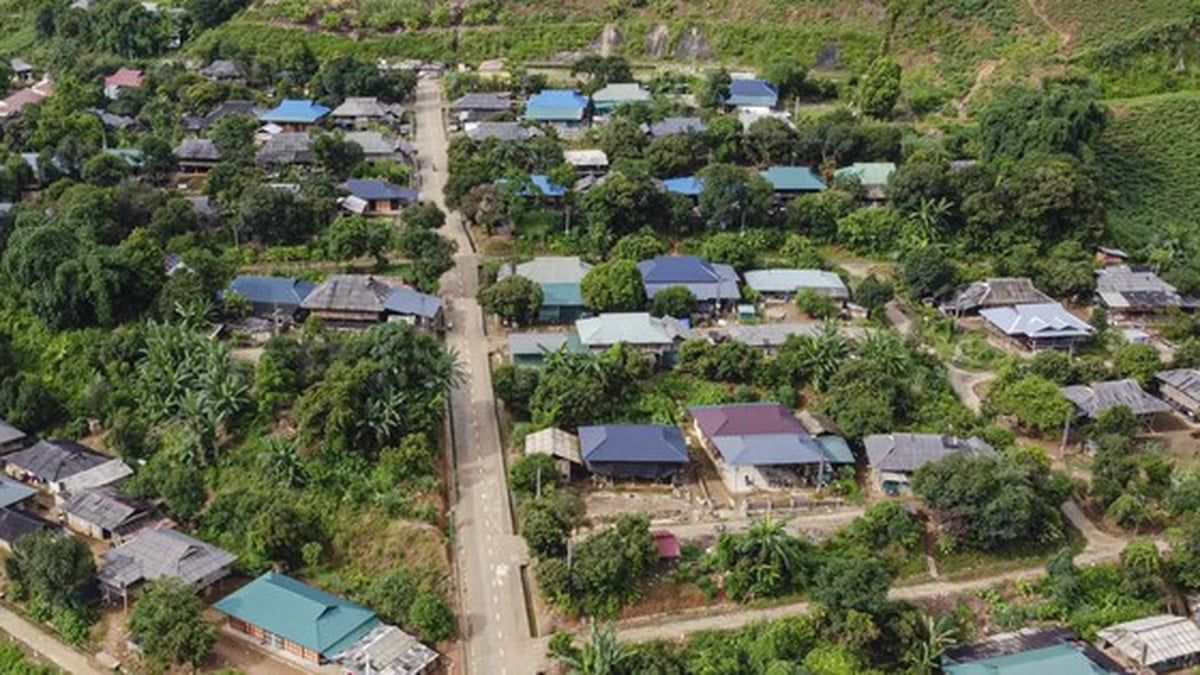
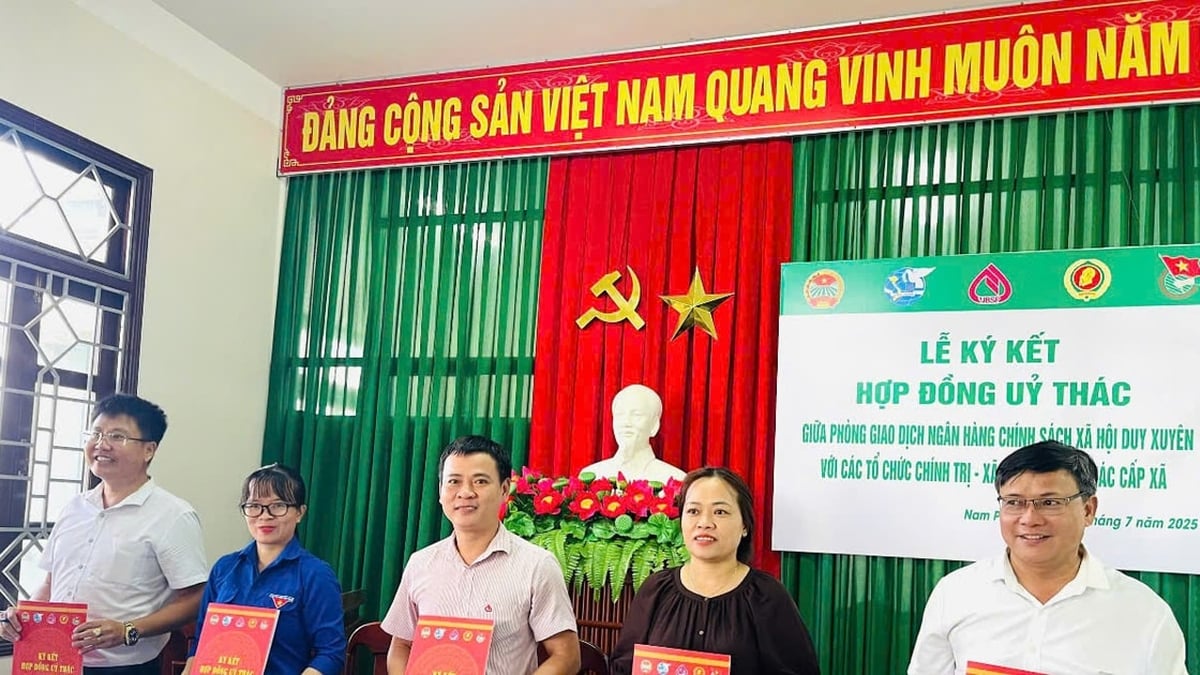



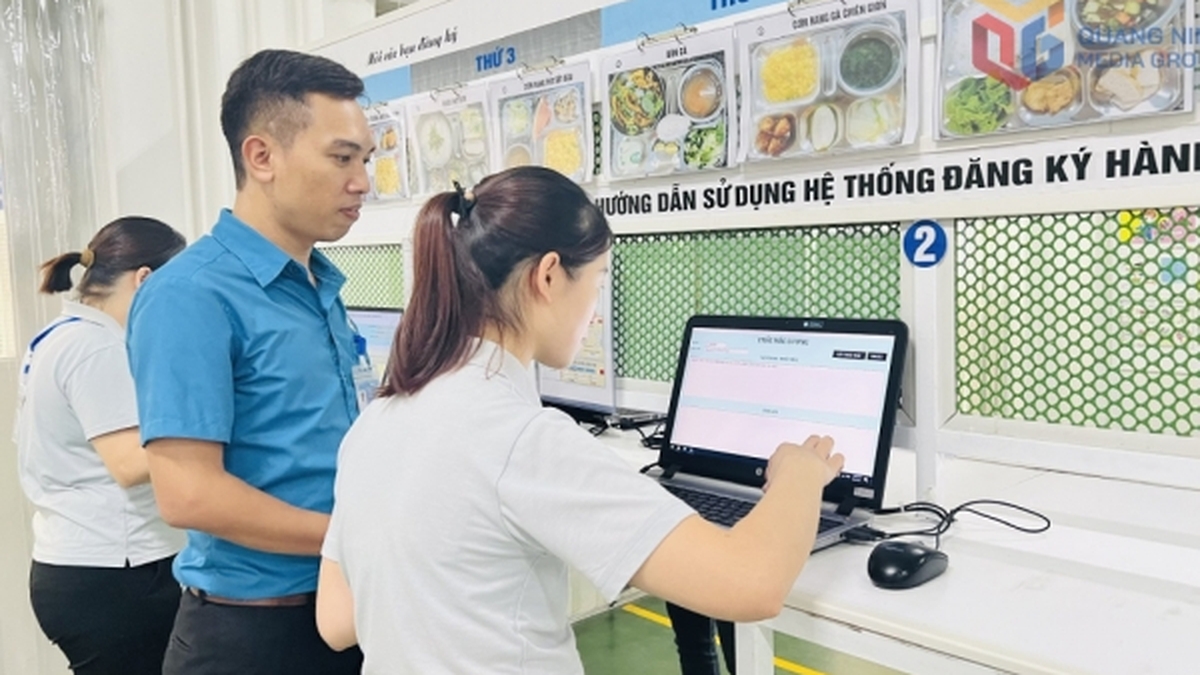

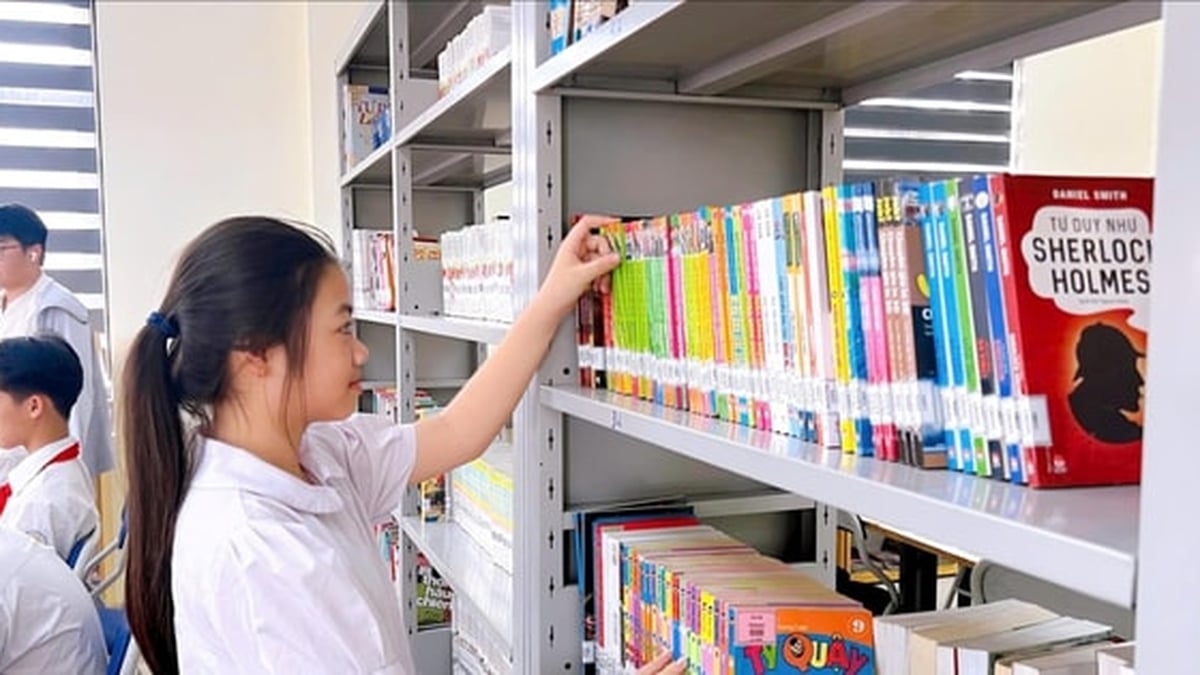
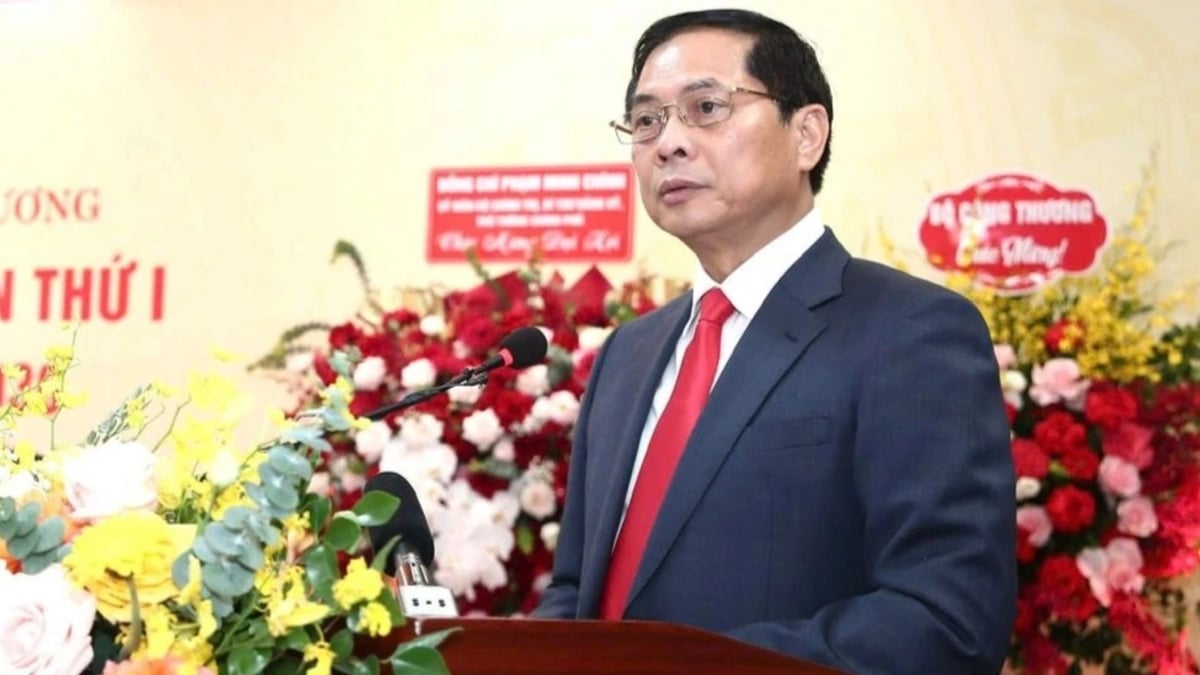







































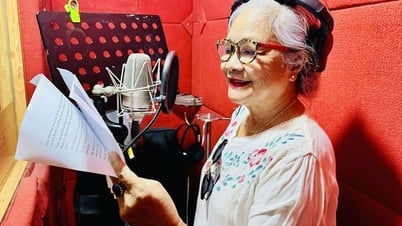

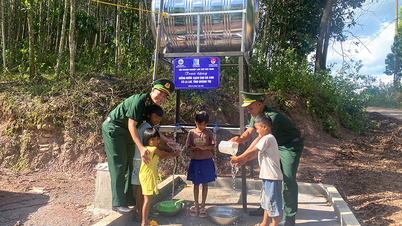




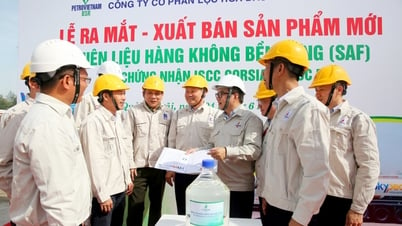


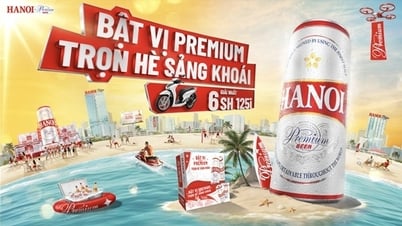

![[Maritime News] More than 80% of global container shipping capacity is in the hands of MSC and major shipping alliances](https://vphoto.vietnam.vn/thumb/402x226/vietnam/resource/IMAGE/2025/7/16/6b4d586c984b4cbf8c5680352b9eaeb0)


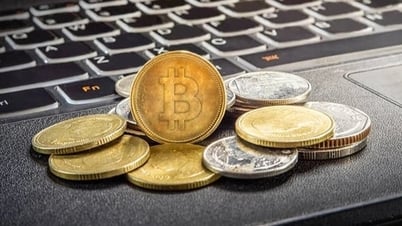

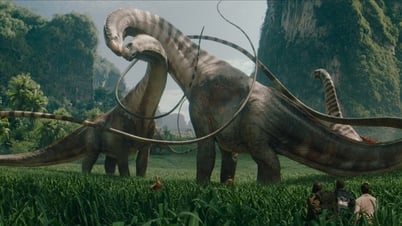

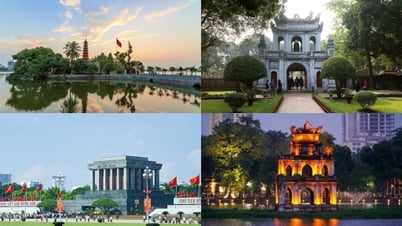



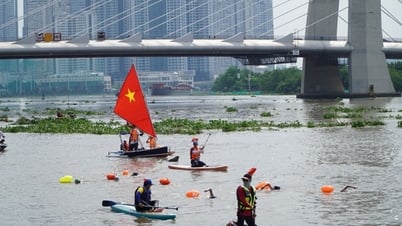
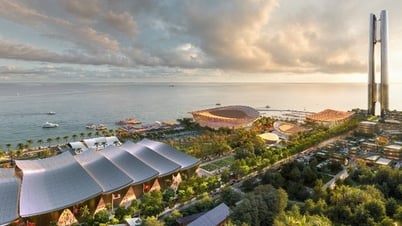
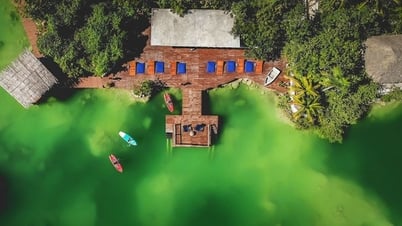
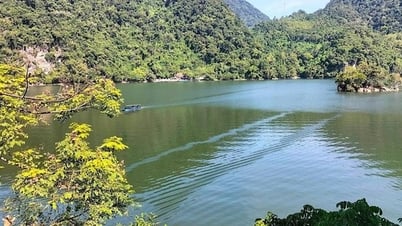
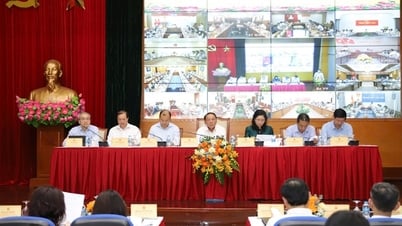






















Comment (0)